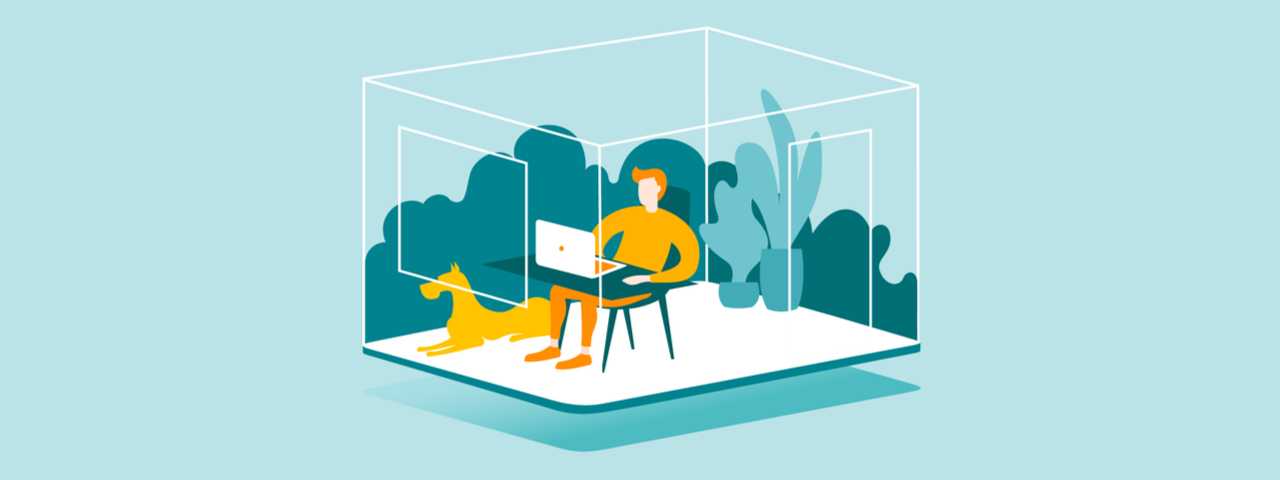When news broke of the assassination of Iranian General Qassim Suleimani, the reaction was swift, as #WWIII began trending on Twitter within minutes. Obviously, this was more or less a facetious reaction to a global event, but there were still fears present in the aftermath, as several pointed to the possibility of Iranian retaliation. While it is true that Iran has a robust cyber-warfare presence, it's become increasingly clear that the idea of massive Iranian cyber attacks was overstated by fear-mongers and click seekers. Attacks have occurred, and will likely continue to occur on a micro level, but the idea of your individual business being hacked by Iranian actors is far-fetched at best, and silly at worst.
First, let's address the attacks that have happened. According to the New York Times, shortly after the death of Suleimani, The Federal Depository Library Program's website was hacked, as the homepage was replaced with a photoshopped image of President Donald Trump being punched in the face. The page's text was changed to "“Hacked by Iran Cyber Security Group Hackers. This is only small part of Iran’s cyber ability!” After a 24 hour shutdown, the site was restored, the security breaches were corrected, and research revealed that no data was compromised. It was basically as much of a "no harm done" situation as you can get in geopolitical conflict. The Times went on to report that "there was no confirmation that hackers sponsored by Iran were behind the attack" and that the perpetrators were much more likely to have been "low-budget... ‘patriot hackers'" who are known for the "cheesy imagery" that was momentarily present on the site.
While some outlets like The Hill are publishing pieces about "false flag" attacks from other enemies who will pose as Iranian hackers, Homeland Security has declared that there is "No Specific, Credible Threat," though cyber attacks are "possible." Personally, I think this is more along the lines of "better be safe than sorry." A hack from anyone is possible at all times, so your security should be up to date, of course. As we've discussed before, cybersecurity is best when it's proactive, but that doesn't mean you need to be proactive about Iran specifically. Rather, constant, proactive vigilance is a much better policy than having "guard dogs" on the lookout for one nebulous threat.


